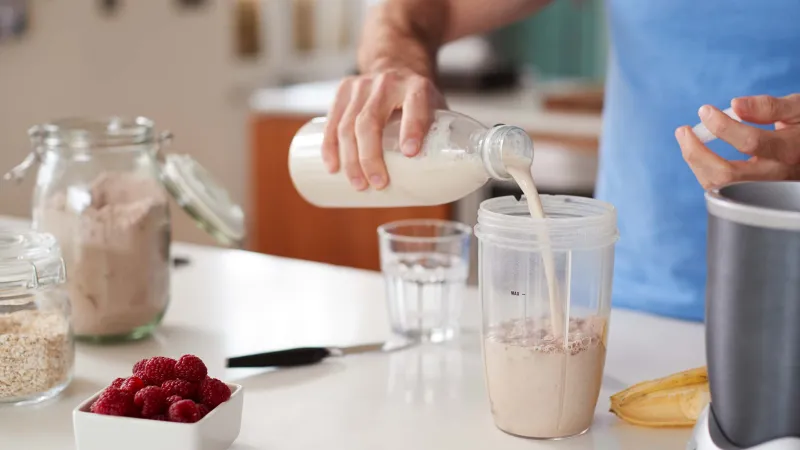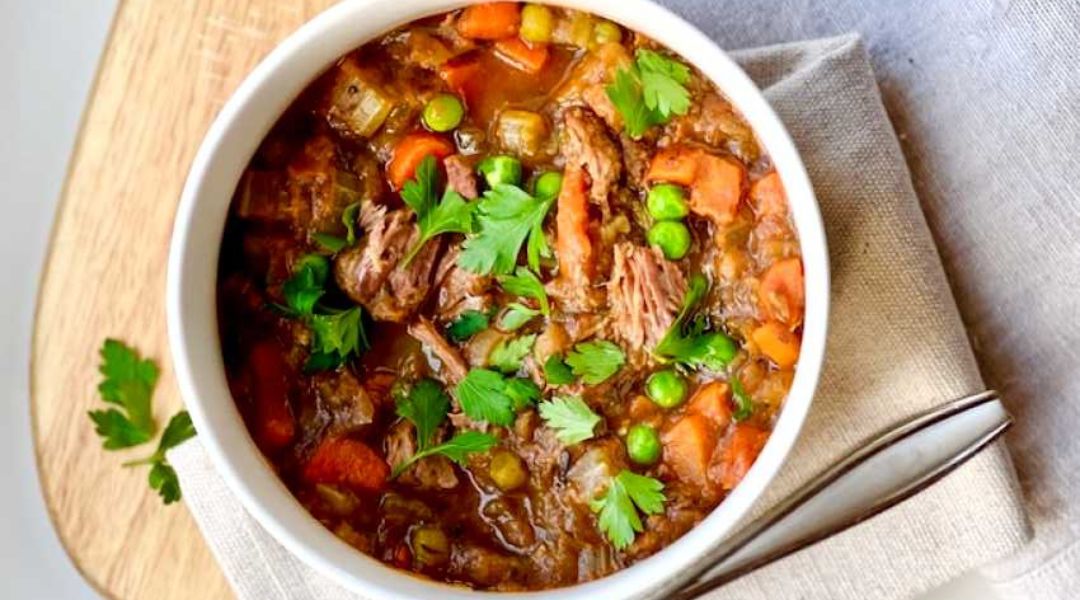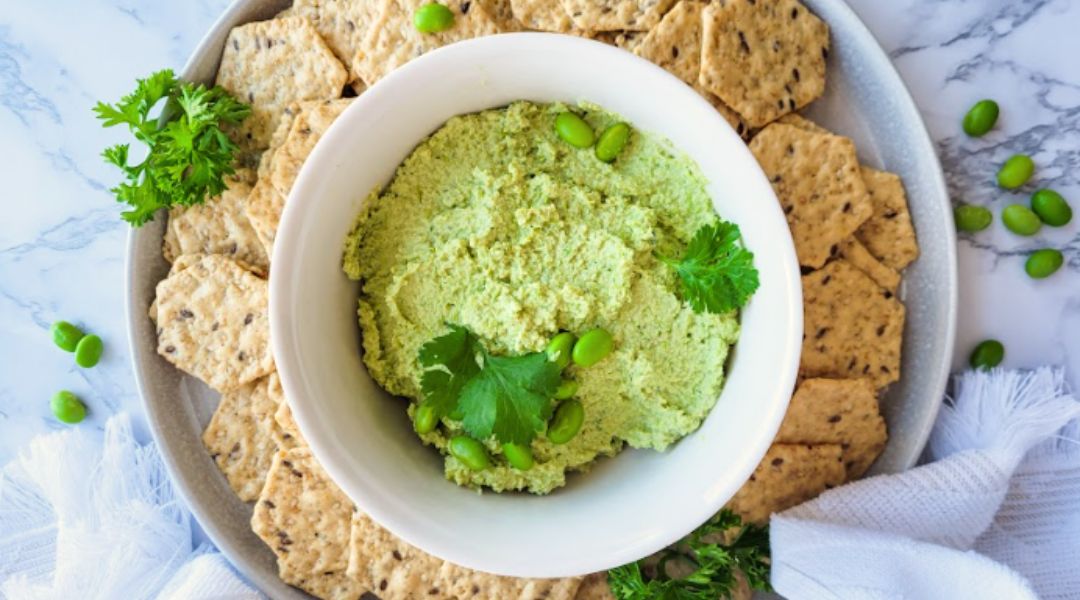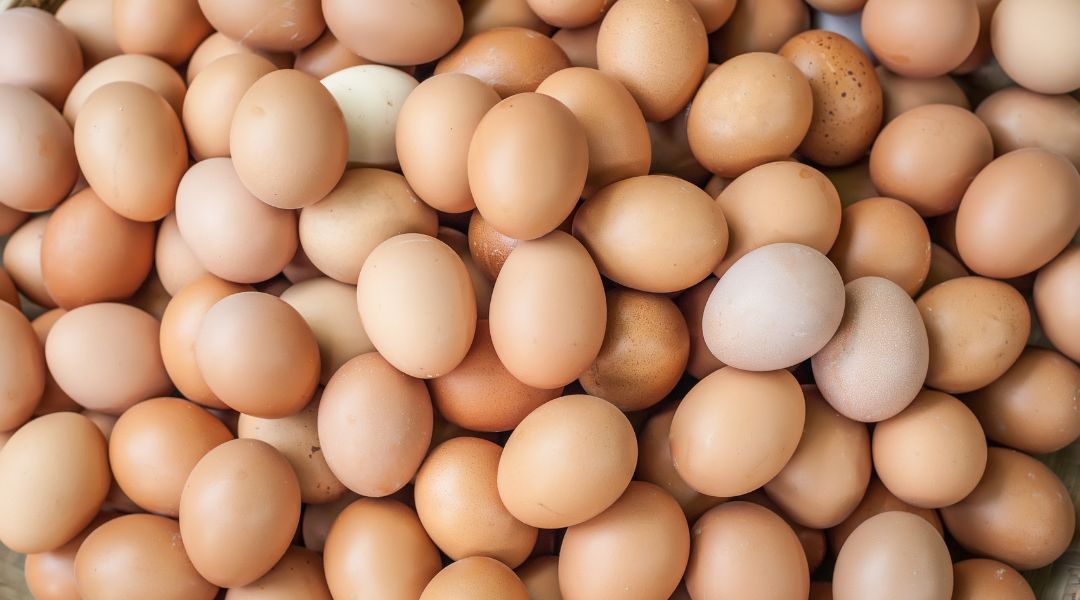
In this article:
Have you noticed the growing popularity of protein-enriched foods? Bars, cereals, waffles, beverages… The food industry is riding the trend by churning out products that boast high protein content. But do we really need these enriched foods, or is it just a marketing gimmick?
With the gap between minimum recommendations and individual needs, it's easy to get lost. Our registered dietitians and nutritionists demystify protein requirements and offer practical advice on how to incorporate them into your daily life.
1. Why Are Proteins So Important?

1.1 What Is A Protein?
Imagine your body is like a house. To build and maintain it, you need solid materials. Proteins are those materials, and they are made up of “bricks” called amino acids. These bricks come together to form your muscles, skin, organs, and many other essential structures.
Your body can produce some of these bricks, but others, known as essential amino acids, must be obtained through your diet. That’s why it’s important to eat a variety of protein-rich foods to provide your body with everything it needs.
1.2 What Are Proteins Used For?
Just as a house needs a solid foundation and sturdy materials, your body requires proteins to function properly. They serve several essential roles, including (2):
- Repair and maintain muscles, especially after exercise or as you age.
- Boost the immune system, by helping to produce antibodies that protect the body against infections.
- Produce enzymes and hormones, which help digest food and regulate energy.
- Preserve muscle mass, particularly during weight loss or as you age.
- Promote satiety, helping you manage hunger and maintain a balanced weight.
Getting enough protein helps keep your body healthy, just like a well-built house made of quality materials.
2. What Factors Influence Protein Needs?

Protein needs vary according to several factors:
- Age: In older adults, a higher intake helps prevent sarcopenia (age-related muscle loss).
- Physical activity: The more intense your activity, the more protein your muscles need for recovery.
- Pregnancy and breastfeeding: Protein demands increase to support the baby’s growth.
- Health status: Certain kidney conditions require a reduction in protein, while higher needs are observed in burn victims or during recovery.
- Body weight: Needs are calculated based on weight, but for overweight or obese individuals, it’s better to use an adjusted weight.
3. How Do You Calculate Your Daily Protein Needs?

Protein needs are calculated in grams of protein per kilogram of body weight. The common recommendation of 0.8 g/kg represents the minimum required to maintain vital functions (2,5). However, contrary to popular belief, this intake is often considered insufficient to optimize health and physical performance.
Depending on your age, activity level, and goals, the amount of protein you should consume can vary considerably (2).
⚠️ Warning! These recommendations are general guidelines and do not replace professional advice. To ensure you have an adequate daily intake and to learn which foods are best for your situation, please consult a registered dietitian.
3.1. Protein Needs By Age And Life Stage
|
Category |
Recommendation (g/kg/day) |
|
Healthy adults |
1.2 – 1.8 |
|
Pregnant women |
1.7 – 1.8 |
|
Breastfeeding women |
≥1.5 |
|
Older adults (65+) |
1.2 – 1.6 |
Source : Examine.com Inc. - Optimal Protein Intake Guide & Calculator (n.d.)
3.2. Protein Needs By Body Composition Goals (2)
|
Goal |
Healthy weight (g/kg/day) |
Overweight or obesity (g/kg/day) |
|
Maintenance |
≥1.2 |
≥1.2 |
|
Muscle gain |
1.6 – 2.2 |
1.2 – 1.6 |
|
Weight loss |
1.6 – 2.4 |
1.2 – 2.4 |
Adapted from Examine (n.d.)
3.3 Protein Needs For Athletes
|
Type of athlete |
Recommendation (g/kg/day) |
|
Performance and recovery* |
1.2 – 2.0 |
|
Muscle gain |
1.6 – 2.7 |
|
Athletes on a calorie-restricted diet |
2.3 – 3.1 |
Source : Examine.com Inc. - Optimal Protein Intake Guide & Calculator (n.d.)
*Protein needs vary greatly depending on the type of sport, training intensity, and your goals. To determine the best amount for you and optimize your diet, schedule an appointment with a sports dietitian!
3.4. Proteins And A Vegan Diet: Should You Consume More?
People following a vegan diet can usually meet their needs without necessarily increasing their total intake, as long as they vary their protein sources. However, some plant proteins are less digestible and contain less leucine, a key amino acid for muscle synthesis.
To compensate for these differences, it is recommended to:
- Consume a variety of plant-based protein sources throughout the day (soy, legumes, grains, nuts, seeds, etc.).
- Opt for more concentrated plant proteins such as tofu, tempeh, or plant protein powders.
- Aim for the upper range of the recommendations to ensure optimal intake.
If you follow a vegan diet and want to optimize your protein intake, a registered dietitian specializing in plant-based nutrition can help tailor your diet to your needs.
4. How Do I Know If I'm Eating Enough Protein?

It’s not always easy to tell if you’re getting enough protein. Here are some signs that may alert you:
- Fatigue and muscle weakness
- Brittle hair and nails
- Persistent hunger despite balanced meals
- Frequent infections
- Slow wound healing
- Bone fragility and stress fractures
A good indicator is also to evaluate your diet: do you include a source of protein at every meal and snack? Does your intake meet the recommendations for your age and activity level?
If you have any doubts, a professional can help. Consult a doctor to rule out any underlying issues and a registered dietitian to adjust your diet based on your actual needs.
5. What Are the Best Sources of Protein?

Animal Proteins
- Poultry (25-30 g of protein per 100 g cooked)
- Large eggs (6 g each)
- Fish (20-25 g per 100 g cooked)
- Lean red meat (25-30 g per 100 g cooked)
- Dairy products (Greek yogurt: 10 g/100 g, cottage cheese: 12 g/100 g)
Plant-Based Proteins (Cooked)
- Legumes (9 g per 100 g)
- Extra-firm tofu (15 g per 100 g)
- Tempeh (18 g per 100 g)
- Edamame, shelled (12 g per 100 g)
Beware of Misconceptions!
-
Nuts, nut butters, and avocados are often seen as good sources of protein, but they are primarily sources of healthy fats. For example, 30 g of almonds provide only 6 g of protein, but 17 g of fat.
-
It is not necessary to combine plant proteins in the same meal. A varied diet throughout the day is sufficient to meet essential amino acid needs.
6. How Can You Easily Add More Protein To Your Meals?

The ideal approach is to spread your protein intake throughout the day—from breakfast to dinner, including snacks. Here are some practical tips to help you do so:
6.1. Add Protein To Your Breakfast
- Add egg whites to the batter for your crepes, French toast, or oatmeal to boost their protein content without altering the flavor.
- Mix in some textured vegetable protein (TVP) into muffins, patties, or even homemade granola.
- Top your cereals, oatmeal, crepes, or pancakes with Greek yogurt for a creamy touch.
6.2. Optimize Your Main Meals
- Add legumes (such as chickpeas and lentils) to your soups and stews instead of potatoes to boost their protein content.
- Mix in some cottage cheese or plain Greek yogurt into mashed root vegetables or sauces for extra creaminess and protein.
- Add pieces of grilled chicken or fish to your pasta, rice, or vegetable salads for a more filling, protein-rich meal.
6.3. Improve Your Snacks
- Add mashed edamame to your guacamole to boost its protein content, and spread it on whole-grain crackers.
- Make baked goods (e.g., muffins, energy balls, patties) using protein powder, TVP, or blended legumes.
- Enjoy cottage cheese, skyr yogurt, or eggs with a piece of fruit as a quality protein-rich snack.
7. Can You Consume Too Much Protein?

For a healthy person, a moderate excess of protein is not dangerous. However, eating more than 3 g/kg/day does not seem to offer any additional benefits.
What you need to know:
- No proven risk for the kidneys or bone health in the absence of medical issues.
- A sufficient protein intake may be beneficial for muscle mass, weight management, and type 2 diabetes.
- No per-meal limit: what matters is spreading your intake throughout the day.
Who should limit their consumption?
- People with kidney disease should limit their intake.
The bottom line : Tailor your intake to your actual needs. Consult a registered dietitian for personalized recommendations.
8. Achieve Your Goals With The Help Of A Registered Dietitian Nutritionist

Do we need protein to be healthy and perform well? Yes, absolutely! They play a key role in recovery, maintaining muscle mass, and managing appetite. But should you turn to protein-enriched products or supplements? Not necessarily. For most people, a varied diet is enough to meet their needs without relying on supplements.
Your protein needs are unique to you and your circumstances. To find out exactly what works for you and how to optimize your diet, schedule an appointment with a registered dietitian. They will provide recommendations tailored to your goals!





